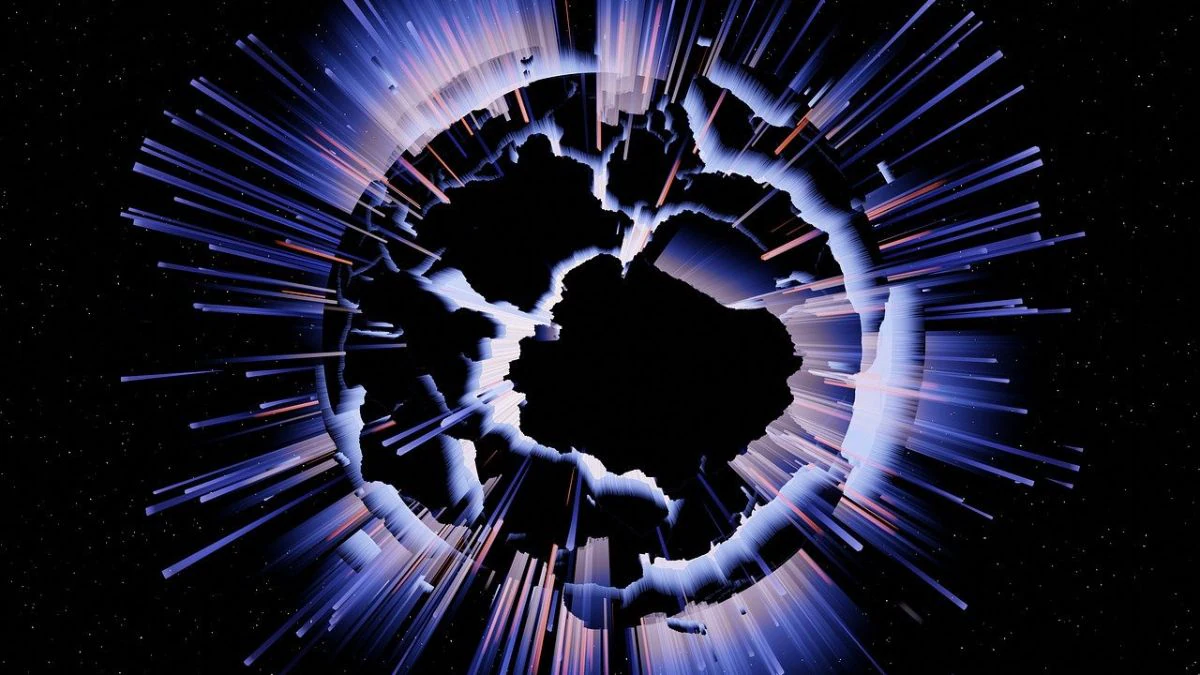Experts Warn Thunderstorms Could Distort Ultra-High-Energy Gamma Ray Measurements
Ultra-high-energy gamma rays, which have recently been observed in groundbreaking cosmic studies, are drawing attention for both their significance and their potential inaccuracies. These gamma rays, detected by the Large High Altitude Air Shower Observatory (LHAASO) in Tibet, exceed one petaelectronvolt (PeV) and point to cosmic accelerators with energy levels far greater than those produced in particle colliders on Earth. However, scientists are raising concerns that thunderstorms may be interfering with these measurements, potentially exaggerating the gamma ray energy levels by enhancing subatomic particle showers in the atmosphere.
Thunderstorms’ Potential Influence on Cosmic Measurements
Recent research, published in The Astrophysical Journal Letters, highlights the potential role thunderstorms play in distorting gamma ray measurements. Ashot Chilingarian, director of the Aragats Cosmic Ray Research Station, and Mary Zazyan from the Yerevan Physics Institute, proposed that thunderstorms could amplify particle showers due to the electric fields generated by the storms. This could result in an overestimation of the gamma ray energy observed by facilities like LHAASO. Their model suggested that these enhanced showers could lead to inaccurate readings, casting doubt on the actual energy levels of the detected gamma rays. Furthermore, the lack of publicly available weather data tied to these observations has prompted calls for more transparency in the scientific community.
LHAASO Responds to the Concerns
In response to these concerns, Zhen Cao, a spokesperson for LHAASO, reassured the public that the team carefully monitors weather conditions, including atmospheric electric fields, using specialized antennas. He emphasized that thunderstorms are relatively rare in the mountainous regions of Tibet, where the observatory is located. Cao downplayed the possibility of a significant link between thunderstorms and the gamma ray detections, suggesting that the conditions surrounding these events were unlikely to be influenced by storms. Despite these reassurances, many in the scientific community continue to urge further investigation into the potential impact of weather on cosmic ray measurements.
Calls for More Research and Transparency
While LHAASO scientists remain confident that thunderstorms are not significantly affecting their observations, the ongoing debate highlights the need for further research into the environmental factors influencing cosmic studies. With calls for greater transparency regarding the weather conditions during gamma ray events, experts are pushing for more comprehensive data-sharing practices to ensure the accuracy of future measurements. The implications of this research are not only vital for understanding gamma rays but also for the future of cosmic particle detection.


















